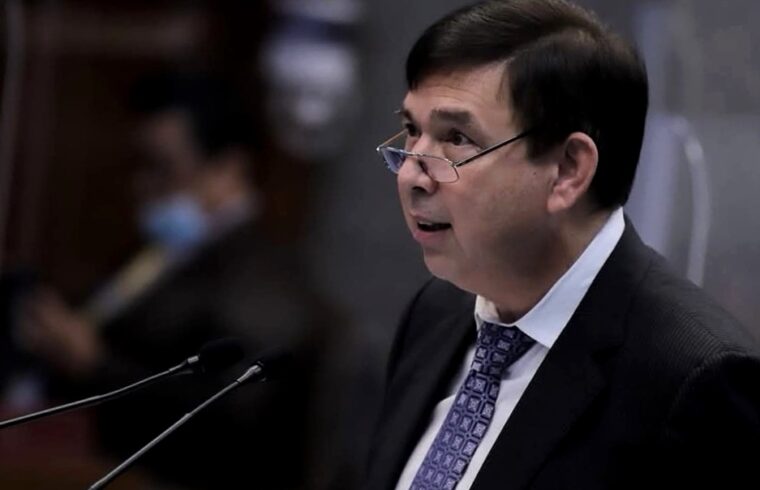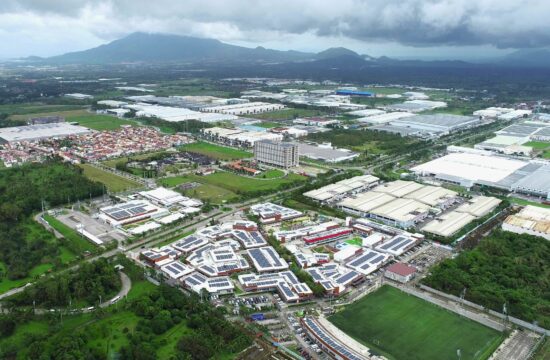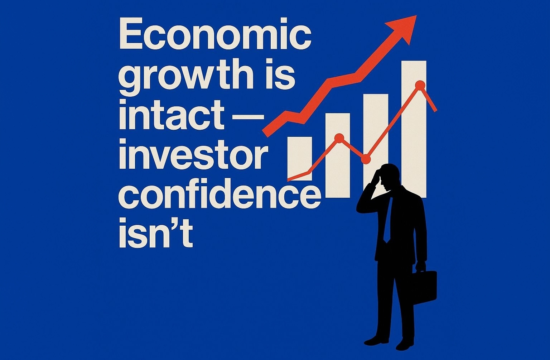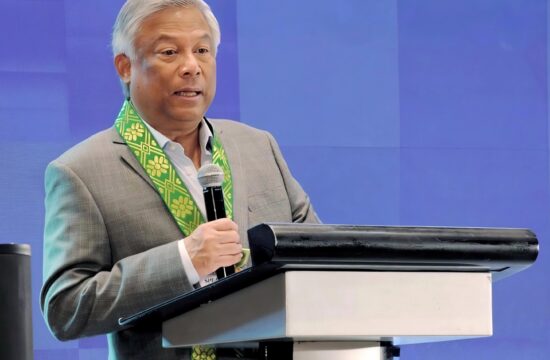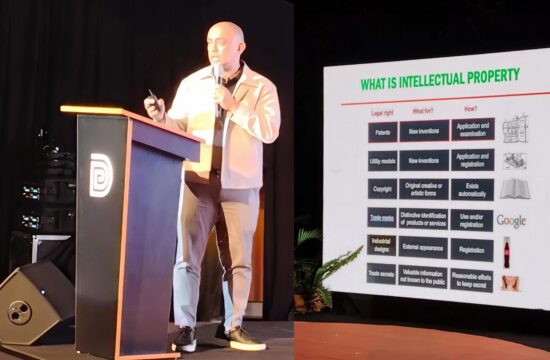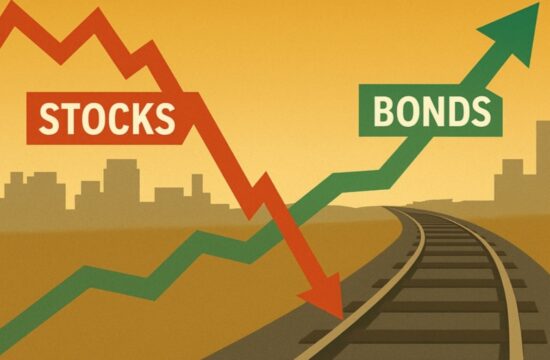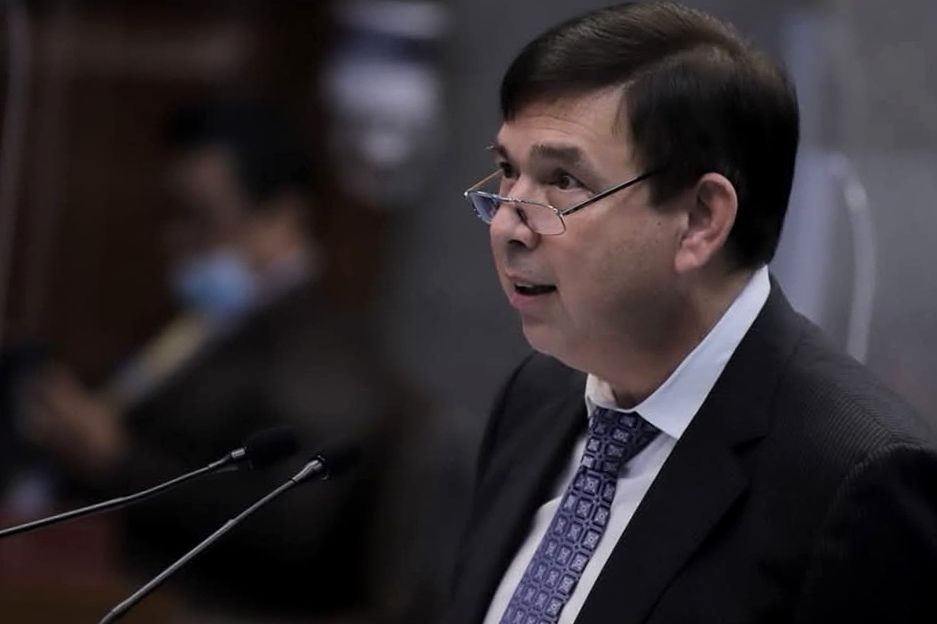
Finance Secretary Ralph Recto has highlighted that Standard & Poor’s (S&P) recent decision to affirm the Philippines’ BBB+ credit rating and upgrade its outlook to “positive” is a strong endorsement of the government’s economic and fiscal policies.
“It reaffirms our stable economic and political environment and that we are on track to achieve a growth-enhancing fiscal consolidation. We have a comprehensive ‘Road to A’ initiative to ensure that we secure more upgrades soon,” Recto said.
S&P cited the Philippines’ robust growth potential, effective policymaking, fiscal reforms, improved infrastructure, and solid external position as key factors in its rating and outlook upgrade.
Recto emphasized that the move reflects the country’s stable economic and political environment, along with progress toward fiscal consolidation. He also noted that the high credit rating facilitates access to cheaper borrowing for both the government and private sector, supporting investments in infrastructure, healthcare, and education.
This upgrade helps maintain the Philippines’ high investment-grade status with major regional and global credit agencies.
S&P also pointed to improved institutional assessments and ongoing reforms as key drivers behind its positive outlook. The country’s strong economic recovery over the past two years, bolstered by business-friendly policies, and a medium-term fiscal framework, further supports the outlook.
The credit rating agency forecasts the Philippine economy to grow by 5.5% in 2024 and maintain an annual growth rate of 6.2% over the following three years, driven by private consumption and stronger external demand.
S&P noted that despite global economic challenges, the country’s diversified economy, supportive policies, and improving investment climate position it to outpace many of its peers.
The rating agency also highlighted recent legislative reforms, such as the CREATE MORE Act and the Public-Private Partnership Code, which should boost foreign investment in the coming years.
“Other reforms include laws that now permit foreign investors to invest more in business sectors such as telecommunications, power generation, and transportation. Certain renewable energy sectors such as solar and wind allow 100% foreign ownership,” S&P said.
Additionally, S&P cited the country’s healthy household and corporate balance sheets, along with strong remittance inflows, as supporting factors for its medium-term outlook.
The credit rating agency praised the government’s prudent fiscal policies, which have improved fiscal performance. It expects the fiscal deficit to shrink to 4% of GDP in 2024, down from 4.5% in 2023, with a further reduction over the next three years. S&P also noted that the Philippines’ debt remains relatively low compared to peers, projecting a decrease in the debt-to-GDP ratio to 40.6% by 2027.
The Philippine government plans to allocate 33.4% of its 2025 national budget to social services, including education, healthcare, and employment, while about 29.2% will fund infrastructure programs under the “Build, Better, More” initiative.

